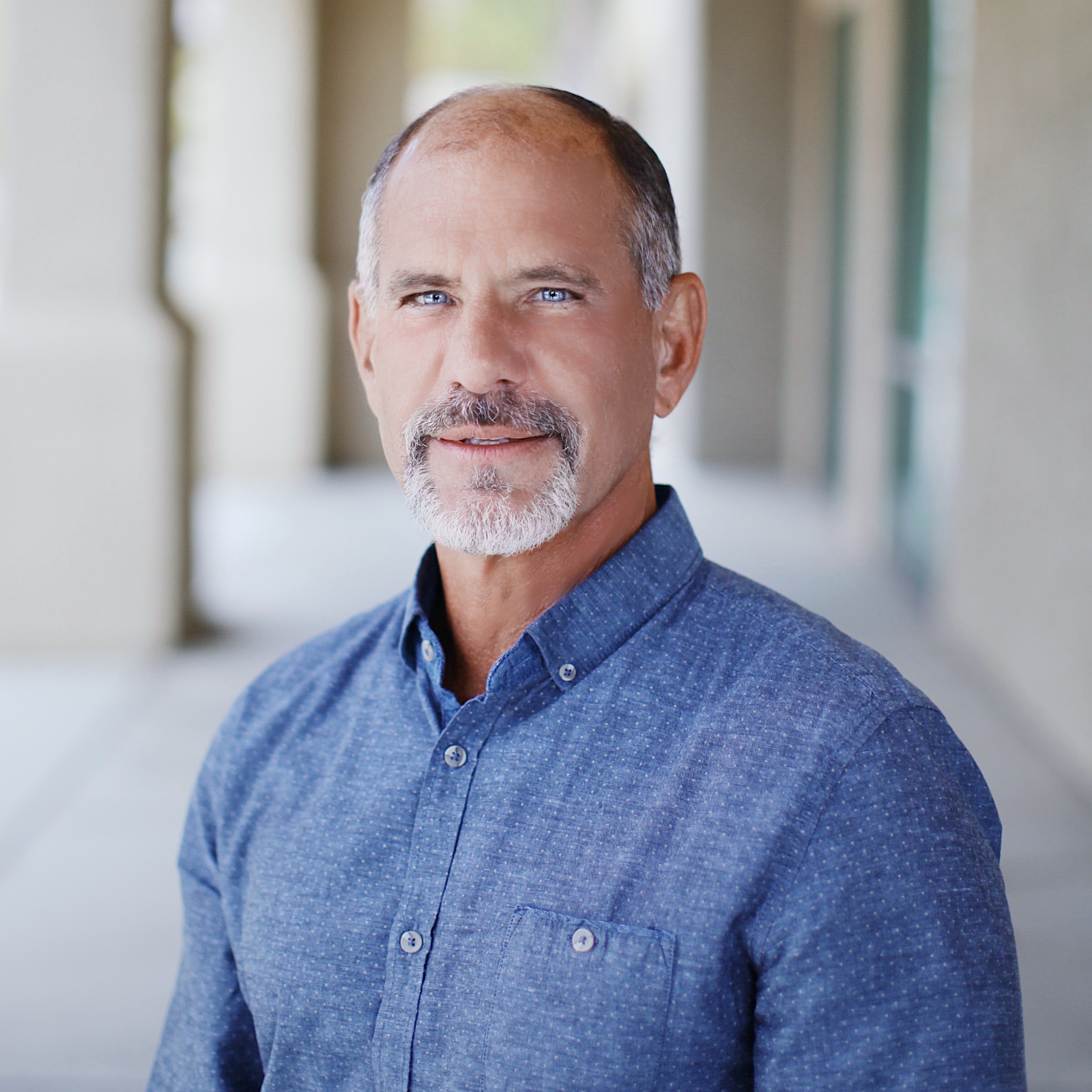A striking image is presented to us in the eighteenth chapter of John’s Gospel. Jesus stands on trial before Pilate. It seems on one side is the epitome of power, on the other total vulnerability. As an agent of the Roman Empire, Pilate has the power of life and death. Jesus stands accused by the Jewish leaders of sedition against Rome. But Pilate is wise enough to distrust those leaders. He won’t condemn Jesus based solely on their charge. He wants to know for himself what Jesus stands for. So he asks …
Then Pilate entered the Praetorium again, called Jesus, and said to Him, “Are You the King of the Jews?”
Jesus answered him, “Are you speaking for yourself about this, or did others tell you this concerning Me?”
Pilate answered, “Am I a Jew? Your own nation and the chief priests have delivered You to me. What have You done?”
Jesus answered, “My kingdom is not of this world. If My kingdom were of this world, My servants would fight, so that I should not be delivered to the Jews; but now My kingdom is not from here.”
Pilate therefore said to Him, “Are You a king then?”
Jesus answered, “You say rightly that I am a king. For this cause I was born, and for this cause I have come into the world, that I should bear witness to the truth. Everyone who is of the truth hears My voice.”
Pilate said to Him, “What is truth?” And when he had said this, he went out again to the Jews, and said to them, “I find no fault in Him at all.”[1]
When asked if He was a king, Jesus didn’t decline. He is indeed a king, but of a realm that presents no threat to Pilate. If it was, His subjects would have already rescued Him. Then Jesus makes the nature of His kingship clear when He said, “My kingdom is not from here.”
Jesus IS a King. But His domain, the realm of His rule, isn’t equivalent to earthly thrones and borders. His rule isn’t due to worldly ideas of authority and power. It isn’t “from here.” It transcends earthly conceptions of politics, economics, and civics. That’s made clear a bit later when in a further exchange we read . . .
[Pilate] went again into the Praetorium, and said to Jesus, “Where are You from?” But Jesus gave him no answer. Then Pilate said to Him, “Are You not speaking to me? Do You not know that I have power to crucify You, and power to release You?”
Jesus answered, “You could have no power at all against Me unless it had been given you from above.”[2]
The second sentence of this essay says, “It seems on one side is the epitome of power, on the other total vulnerability.” In light of Jesus’ reply to Pilate, our perception of power does a 180-degree flip. Power lies with Jesus, while Pilate is vulnerable. That’s why Jesus could maintain such a quiet composure while being falsely accused and made the object of gross injustice. He knew Who He was, the power and authority He possessed. His life was in the Father’s hands. He was not subject to the rulings of an earthly magistrate.
As followers of Christ, we are referred to in verse 36 when Jesus said, “If My kingdom were of this world, My servants would fight.” Take careful heed to those words. Picture Jesus standing before Pilate. Let the nature of the two kingdoms represented by those two men come home to your heart and mind. Press into the incredible weight of that historic moment as the power and authority of Christ faces the power and authority of Earth’s great empire. Then hear Jesus – “If My kingdom were of this world, My servants would fight.”
It’s not. So they don’t.
Not yet anyway. Revelation 19:11-16 makes clear that when Jesus returns in glory to finally and fully answer the oft-rendered prayer, “You kingdom come, Your will be done, on Earth as it is in Heaven” His servants do come with Him; a mighty army, to end the reign of sin and death. Then they will fight, but not till then.
Till then, we’re to follow the path Jesus set for us. Our task is redemptive, our mission to save.
[1] John 18:33–38
[2] John 19:9–11

Lance is the founding and lead pastor of Calvary Chapel Oxnard where he has served since 1982. Lance & David Guzik co-pastored the church for six years before David planted a church in a nearby community.
Lance & his wife Lynn were married in 1980 and have three adult children and five grandchildren. Lance loves teaching the Bible, History, and Leadership. He holds Masters-of-Arts in Biblical Studies and Ministry.
Lance serves as a chaplain for both the Oxnard and Port Hueneme Police Departments and enjoys backpacking, wood-working, working out, gardening, home improvement projects, reading, and graphic design.
The popular Communio Sanctorum: History of the Christian Church podcast can be found in both audio and video at the Into His Image website along with a growing inventory of Lances teaching.





After several years I have finally found the “ Enduring Word on my iPad. Today I have added it to my daily devotions and hopefully will begin learning more about God’s word and His plan for us. Thank you, technology has finally arrived and once again has added to my daily Holy Bible readings.